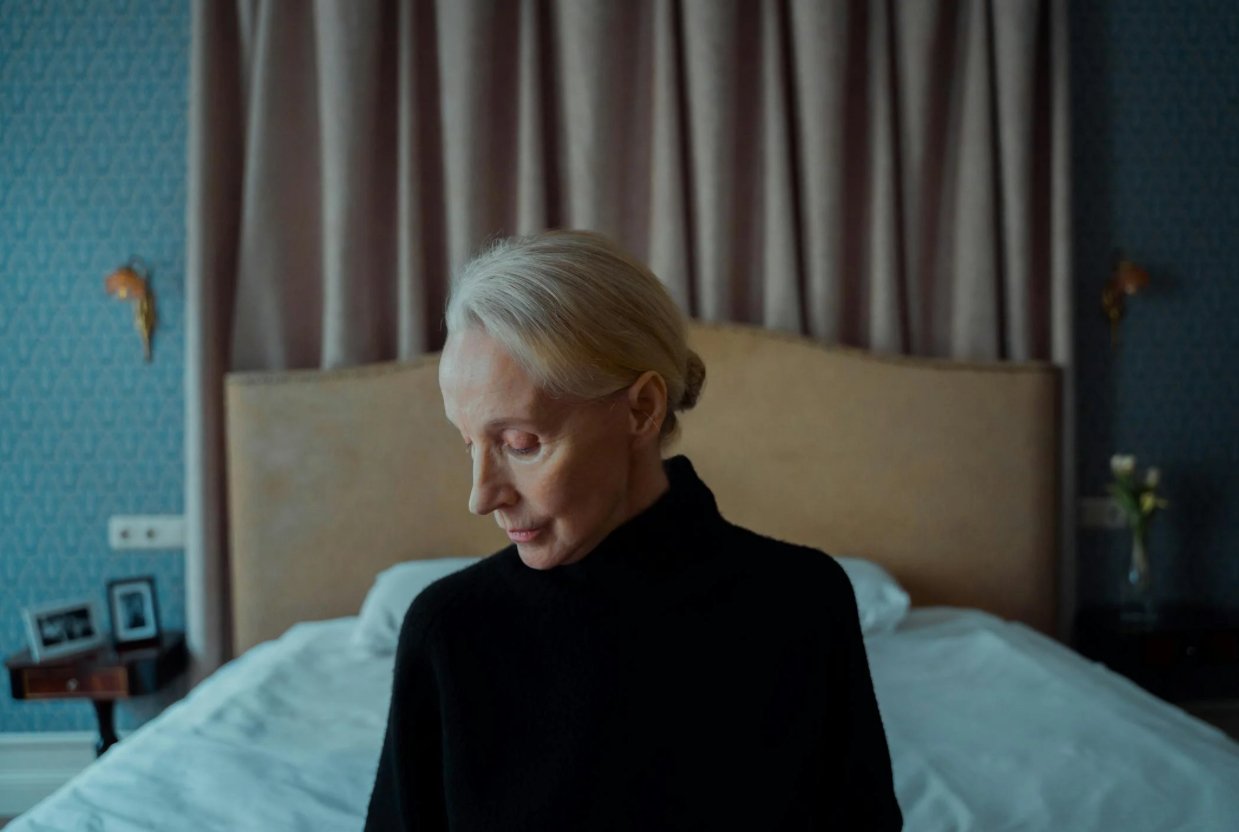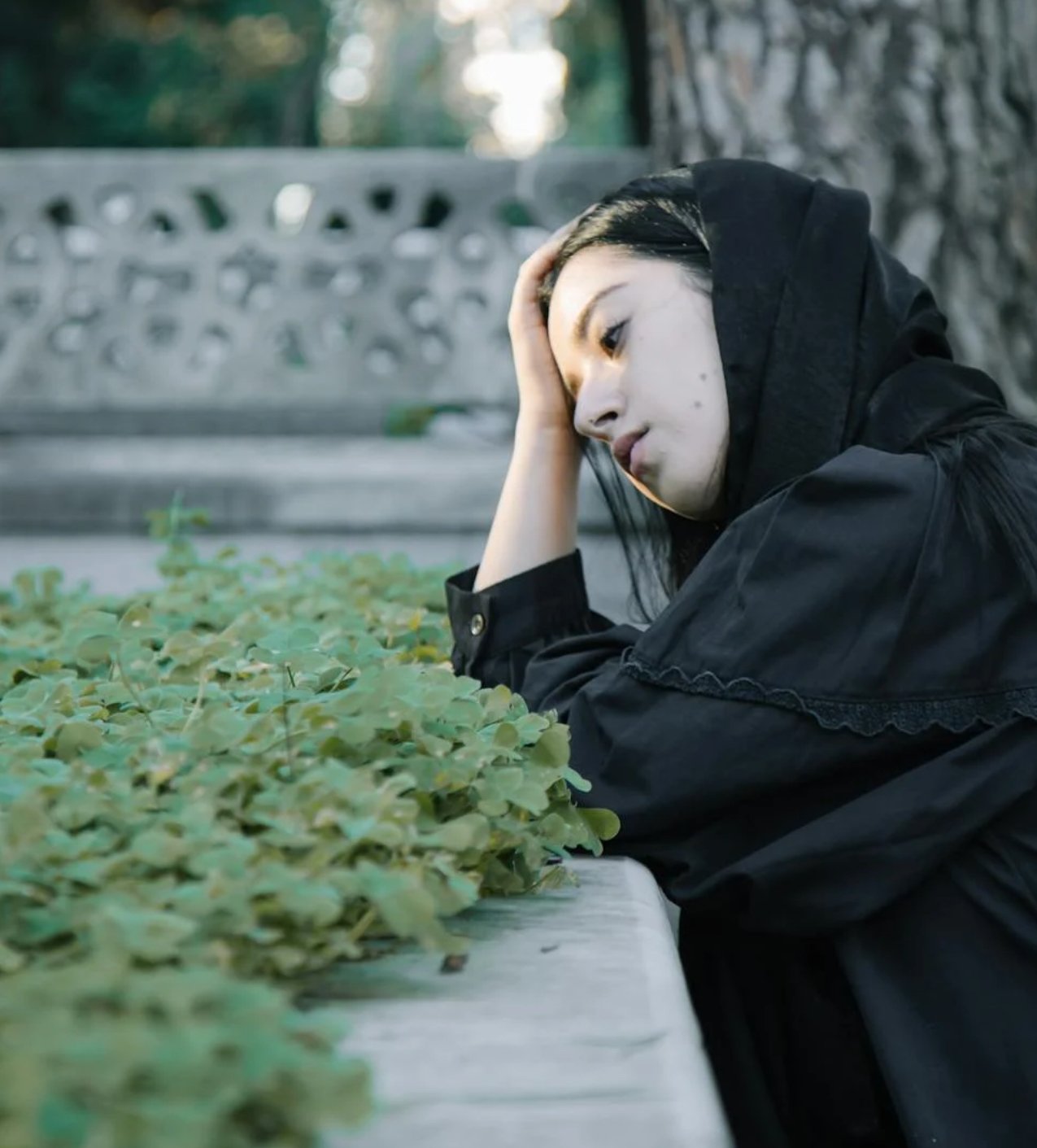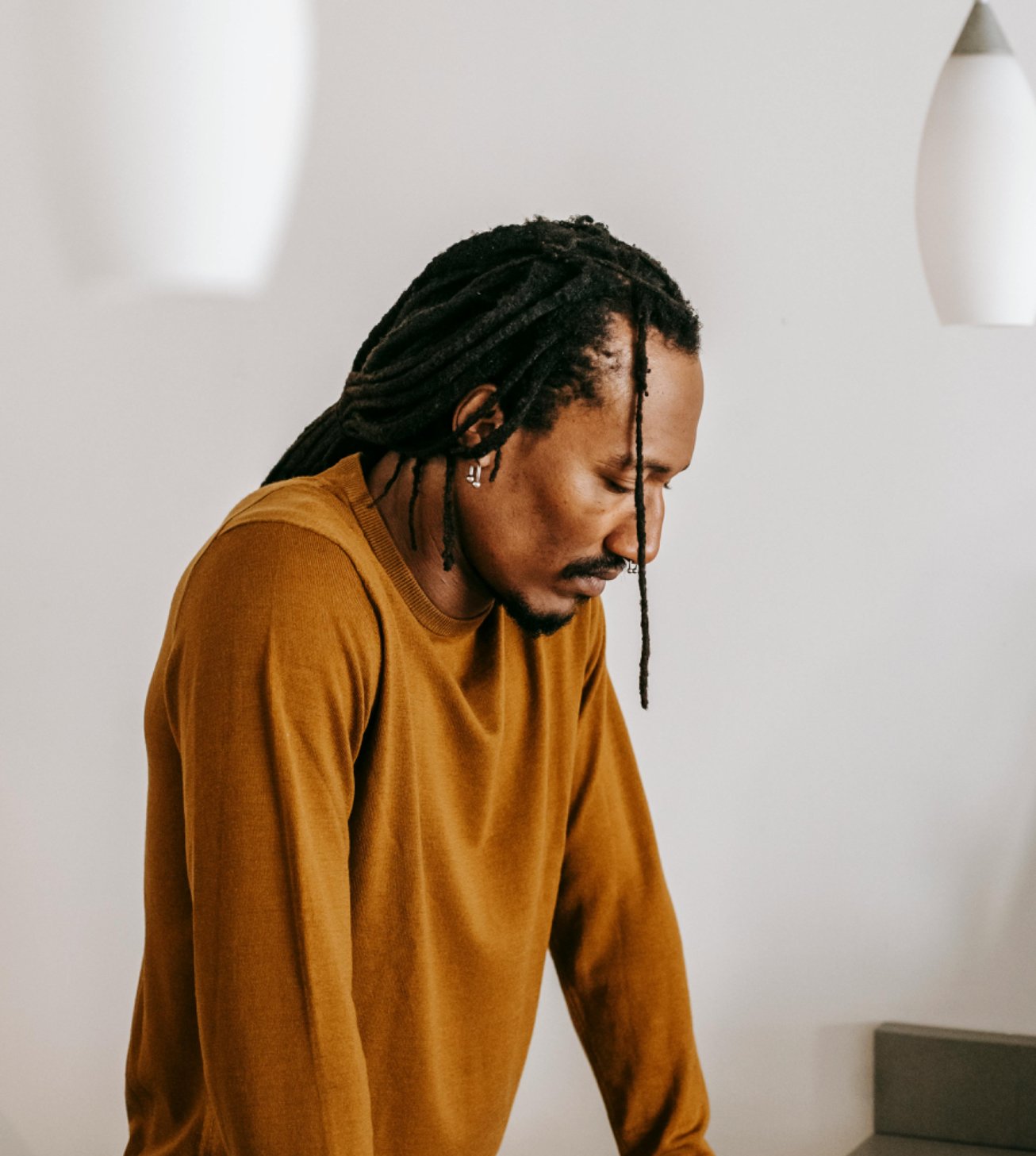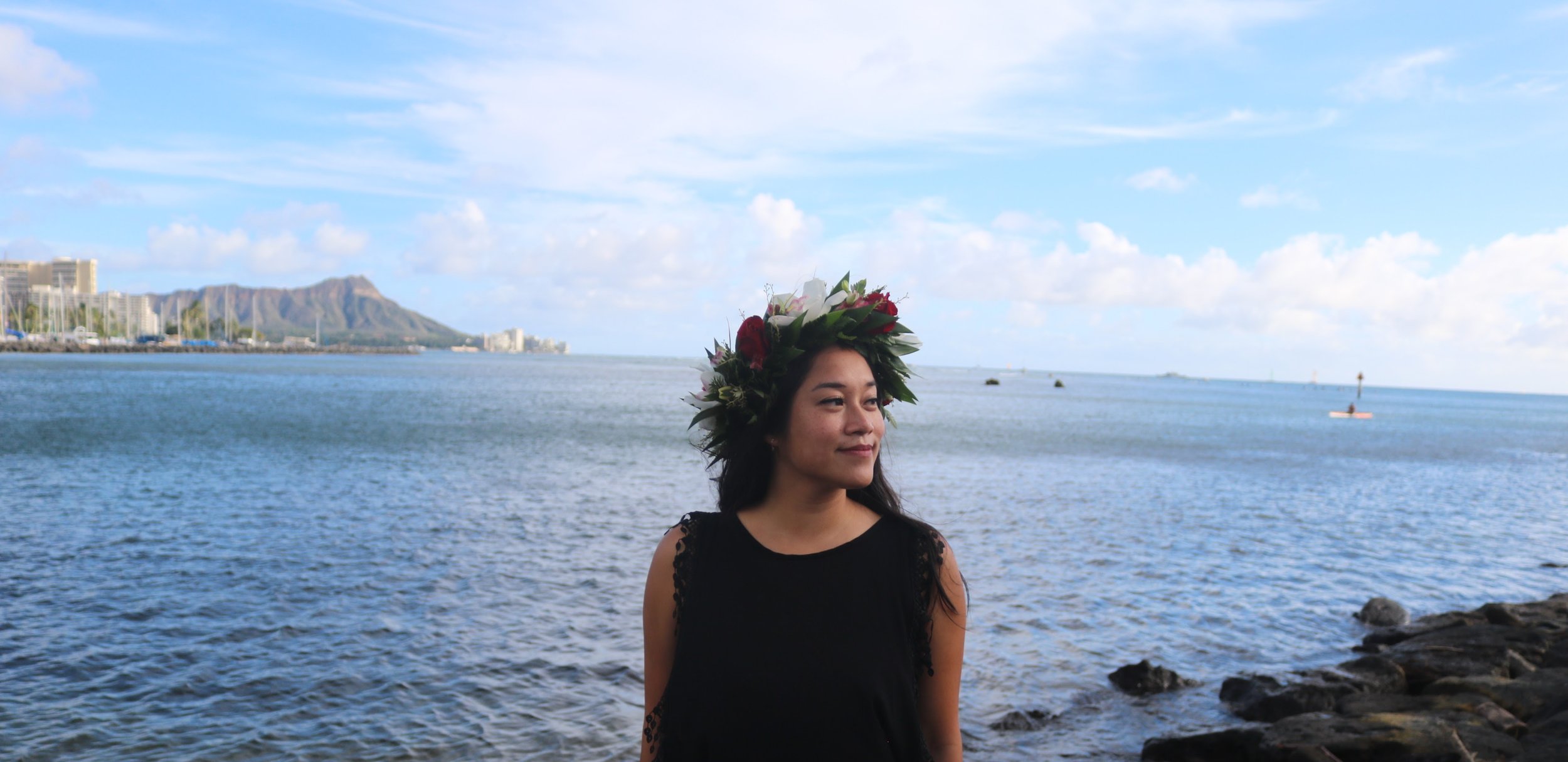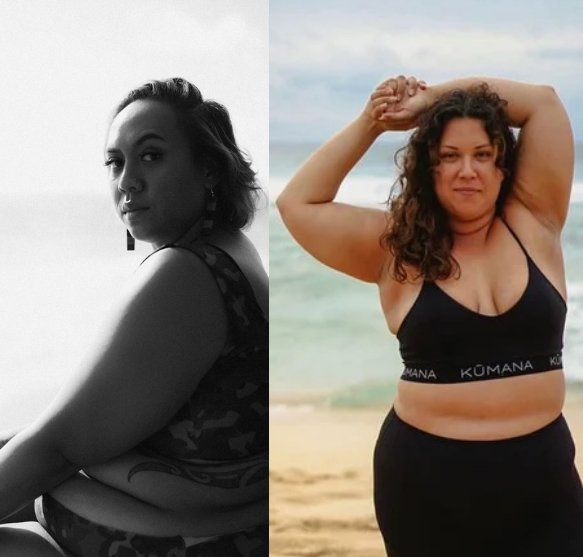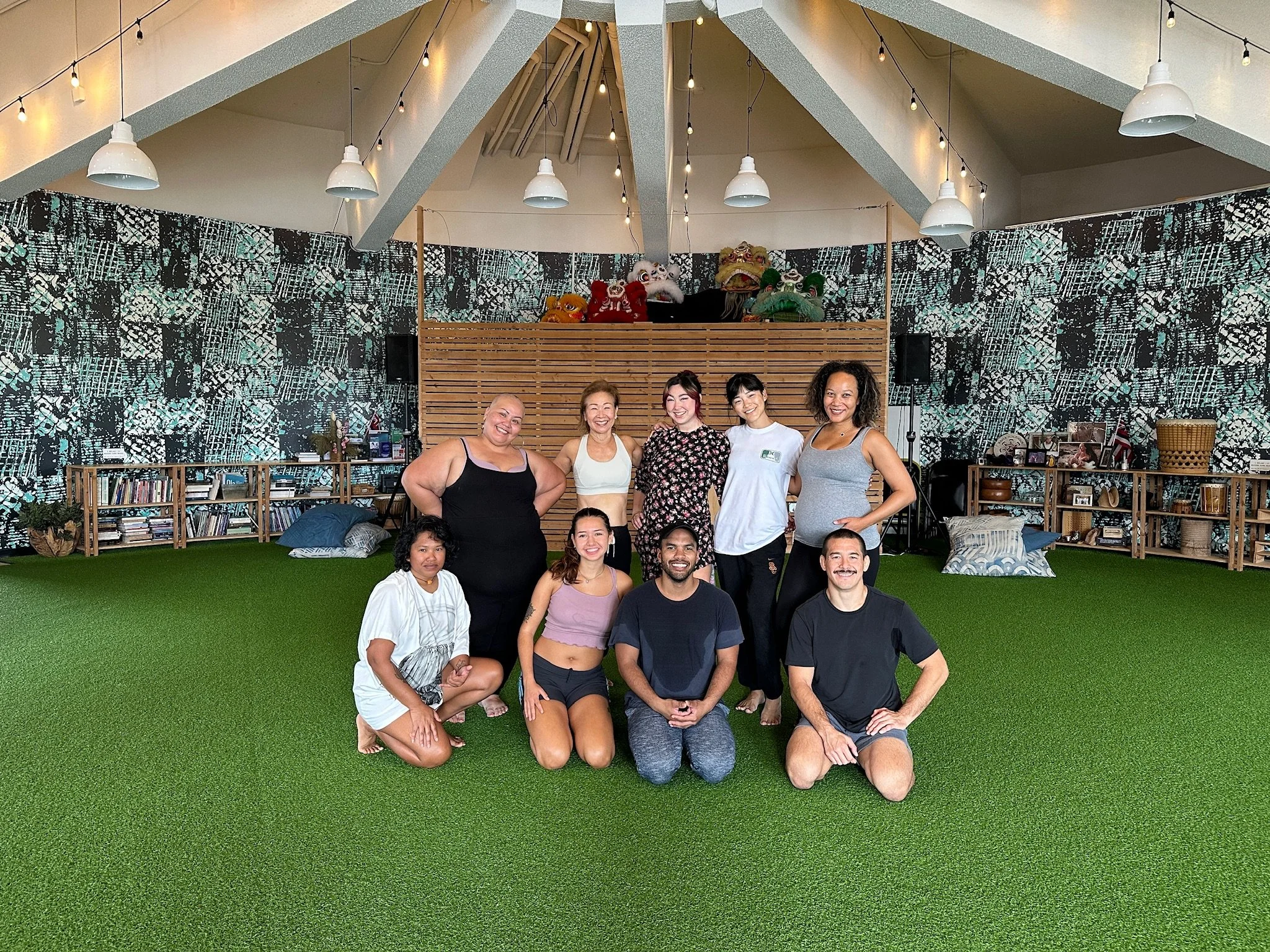Navigating Grief and Amplifying Collective Liberation Through Yoga
“E hoʻomālielie i kou kaumaha.”
“May you be comforted through your grief.”
April 5, 2024 | Honolulu, Oʻahu
Etymologically, the word “grief” is derived from the Latin word “gravare” which means, “to make heavy,” similar to the idea of a weight bearing down on one’s shoulders. Grief is a natural emotional response to experiencing a significant loss, which can be caused by many things, such as the death of a loved one, the end of a relationship, or other major life changes. When you want to describe feeling sorrow or grief in Hawaiian, you say “Kaumaha au.” Kaumaha translates to “sad” or “depressed”, but it also translates to “heavy” or “heaviness”. Traditionally in Hawaiʻi, grief was something that was expressed openly and in community. Though grief can feel like an individual problem, it is often a collective issue – one that we can move through and heal from collectively as well. Everyone experiences and expresses grief differently and studies have tried to get a better understanding of the impact it has on the human body.
Dr. Elisabeth Kübler-Ross, a Swiss-American psychiatrist and pioneer in near-death studies, studied grief. In her 1969 book, On Death and Dying, she describes five stages of grief:
Denial: the period of grieving when a person refuses to accept the reality of a situation and rejects the idea that it is true
Anger: once a person comes to understand and accept what has happened, the individual may experience anger and frustration
Bargaining: we might somehow seek to change the circumstances of the situation causing our grief. Bargaining may be an attempt to regain a sense of control as a defense against helplessness (ex. the act of negotiating with a higher power)
Depression: in this stage a grieving person may describe feeling deep sorrow, anguish, and mental pain
Acceptance: acceptance refers to the period of grief when a person comes to terms with accepting the reality of their loss
Some have disagreed with Dr. Kübler-Ross’ work over the years and others have even added to it, but this framework is still used today to help people make sense of their emotions around grief, change, and loss. That said, there is no universal formula or timeline for processing and moving through kaumaha. Though we may share similar feelings and struggles, it is ultimately a personal experience that can look very different for each of us.
No matter how similar or different our grieving processes may look, it is common for them to impact both our physical and mental health. Some of the physical symptoms include fatigue, shortness of breath, headaches, impairment of the response system and increased mortality from heart disease (especially in older, widowed peoples). Emotional symptoms include sadness, anxiety, PTSD, and irritability. Grief and depression share similar symptoms of extreme sadness, but they are also different. The National Institute of Mental Health states depression is a severe mood disorder, affecting how a person feels, thinks, or acts. The exact cause of depression is unknown as it can be caused by a combination of genetic, biological, environmental, and psychological factors. Grief, however, has an identifiable cause. Additionally, when experiencing grief, negative emotions may come in waves, for example when you are reminded of a loss versus with depression, feelings of negative emotion may be more consistent, without an identifiable root cause.
There are many types of grief that result not only from the loss of a person, but also from times of sudden change in one’s life. George Bonanno, PhD, a psychologist who heads the Loss, Trauma, and Emotion Lab at Columbia University says, “You can experience grief over anything that feels like a loss of identity.” There are many situations that may lead to a loss and therefore there are a variety of types of grief we may experience, including, but not limited to:
Anticipatory Grief: the reaction to a death you were able to anticipate such as when an individual dies from a long term illness.
Complicated Grief: the reactions and feelings of loss that are debilitating, long-lasting, and/or impair your ability to engage in daily activities.
Cumulative Grief: when one experiences a second loss while still grieving a first loss. Also referred to as “grief overload”.
Collective Grief: grief felt by a collective group such as a community or society as a result of an event such as war, natural disaster, or any other event leading to mass casualties or national tragedy.
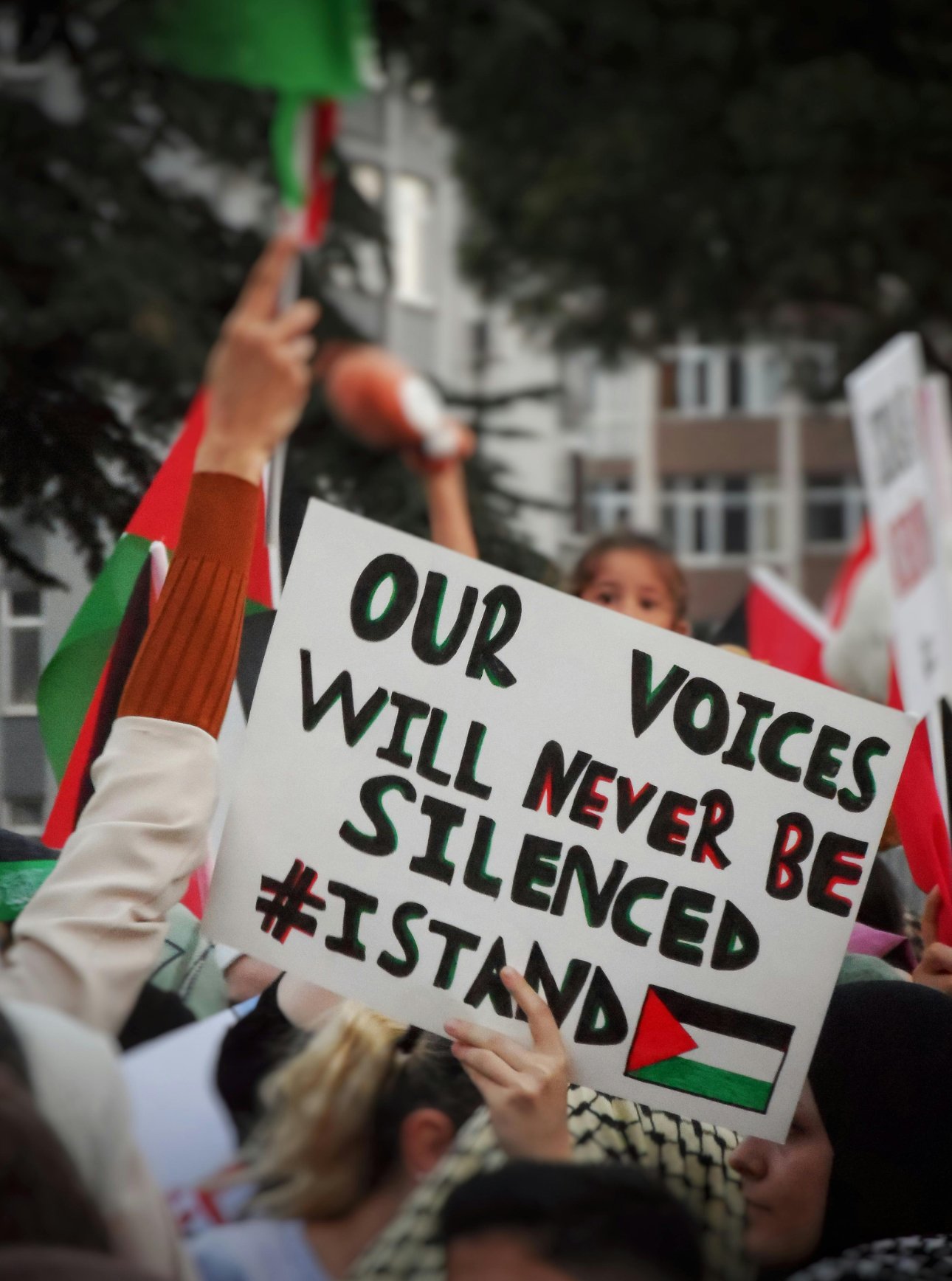
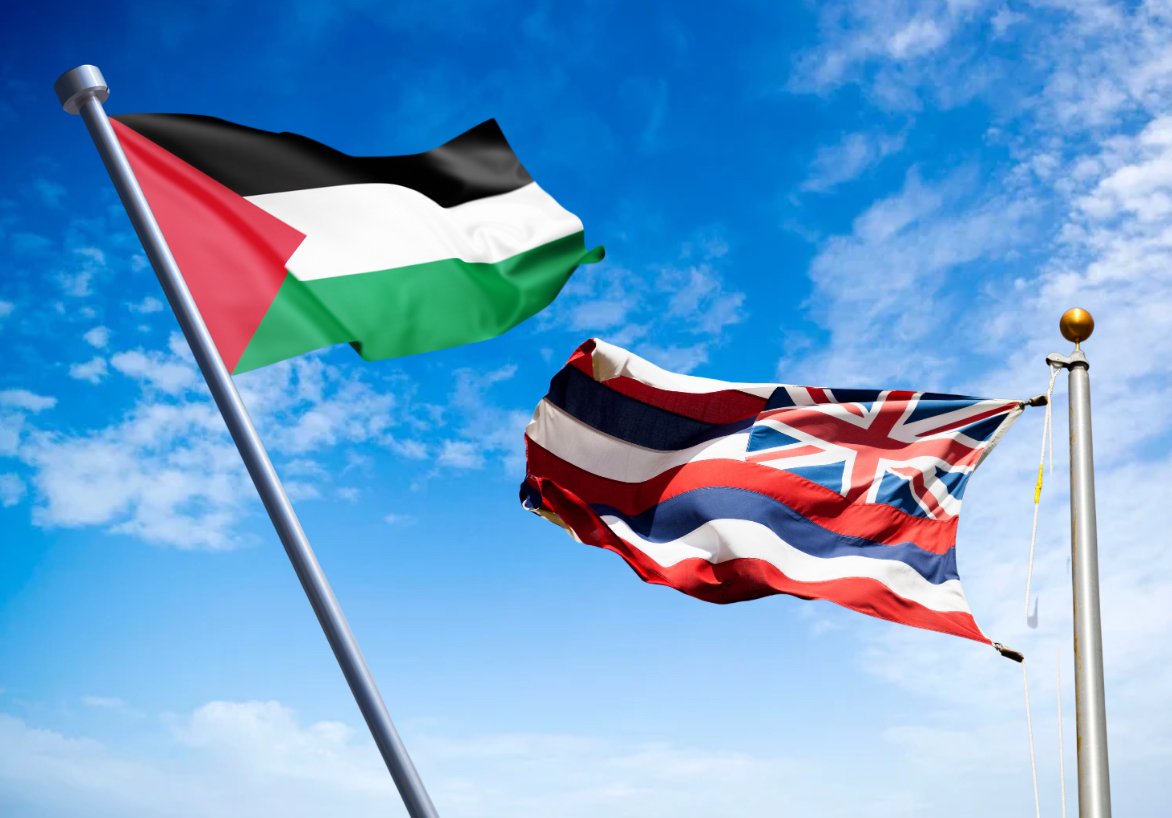
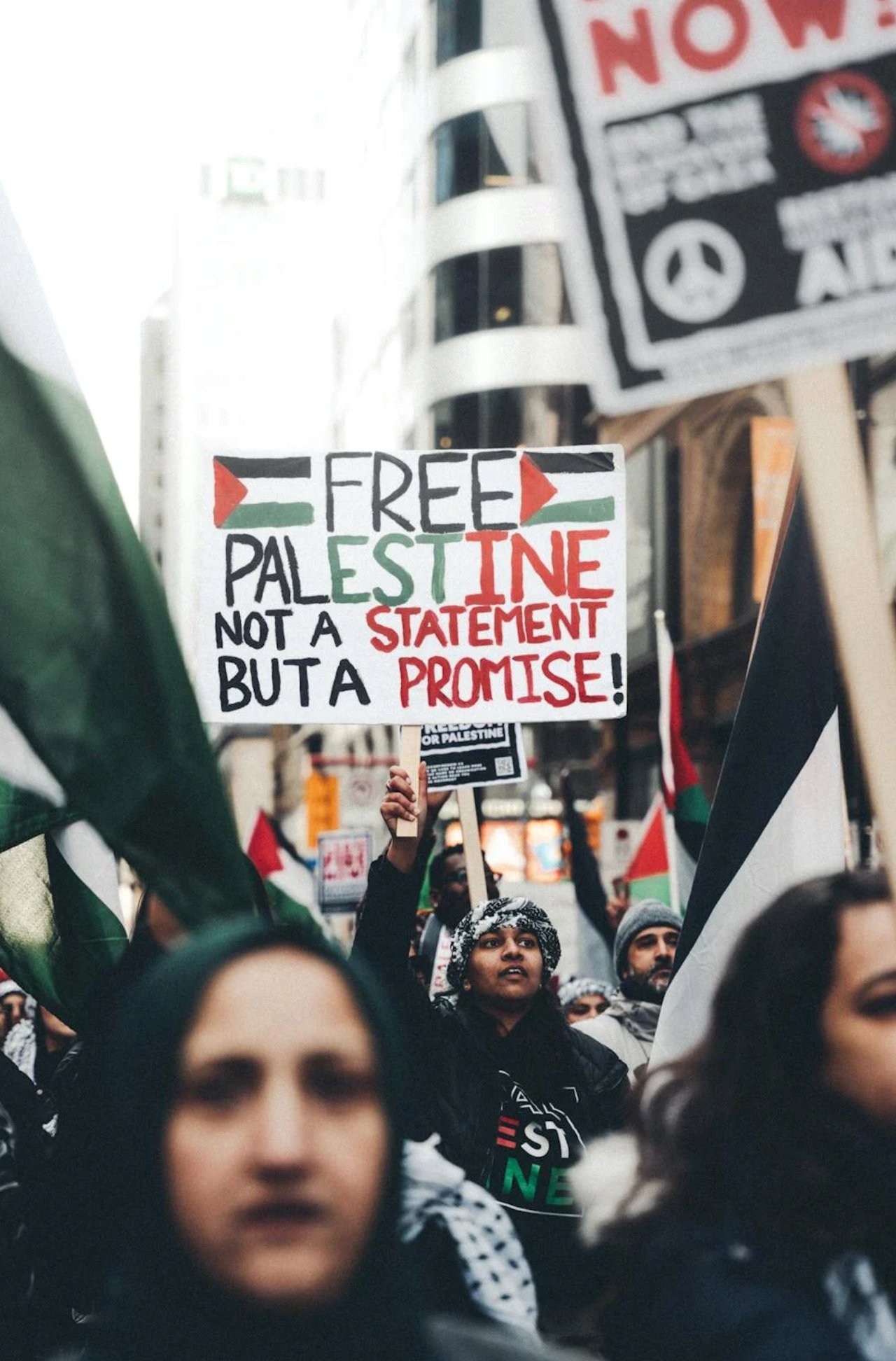
Many of us are experiencing collective grief right now as a result of the tragic losses in Maui and Palestine. Whether we have personally lost loved ones and/or have been bearing witness to these tragedies, there is collective grief that we must acknowledge and create space for. In Hawaiian culture there is a belief that the spirit of an individual, even after death, remains in contact with their living family members from the realm of Pō – an eternal resting place. For Kānaka, and many BIPOC, our connections to our loved ones do not end when they transition to the next realm. In an interview with Native Voices, a collection of native peoples’ concepts of health and illness, Aunty Lynette Paglinawan, MSW, says, “The Hawaiian culture recognizes that though the body of a person is dead, the ‘uhane’ or the spirit of the person still is around.” There is still a relationship there that we access and tend to, both individually and collectively.
As a PKY team, we have heard the call for a space to process these collective traumas and we are making space to do that together this Saturday, April 6th. Tammee will help us explore our grief through movement and pranayama, giving us time to honor and mourn those lost in Maui and Palestine. If you are interested in joining or would like more information, please sign up below!
Be With Us!
Āsana for Peace in Palestine with Tammee
Tomorrow, April 6 at 9:30am, Ka Waiwai (BIPOC-ONLY)
Come honor lives we have lost in Palestine and Maui, while moving through our grief and embracing collective liberation.
If you or someone you know needs support, Hawaiʻi Cares is a free 24/7 support service that connects you with local crisis counselors. Call, text or chat 988 to speak to someone.
Additional Resources
NBC News: How Grief Affects Your Brain and What To Do About It
Check Out Our Other Upcoming Yoga Classes!
Moʻolelo and Movement with Hi’i and Anuhea
April 13 at 9:30 am, Ka Waiwai (BIPOC-ONLY)
Learn about the story of Pele and Kamapuaʻa and the creation of Leahi (also known as Diamond Head) through yoga.
Happy 420 Slow Flow with Keith
April 20 at 9:30 am, Ka Waiwai (BIPOC-ONLY)
Learn how to safely practice ganja-minded yoga at-home.
BOUNCE! Dance-Inspired Fitness Class with Cleo
April 27 at 9:30am, Ka Waiwai (OPEN TO ALL!)
The ULTIMATE energy and mood boost you have been looking for! Come get hype with us and hang out with empowering community.
Free Prenatal and Postpartum Yoga (Virtual or In-Person)
Every Wednesday at 2pm in partnership with Healthy Mothers, Healthy Babies
Come relax your mind and body as you prepare and/or recover from birth.



